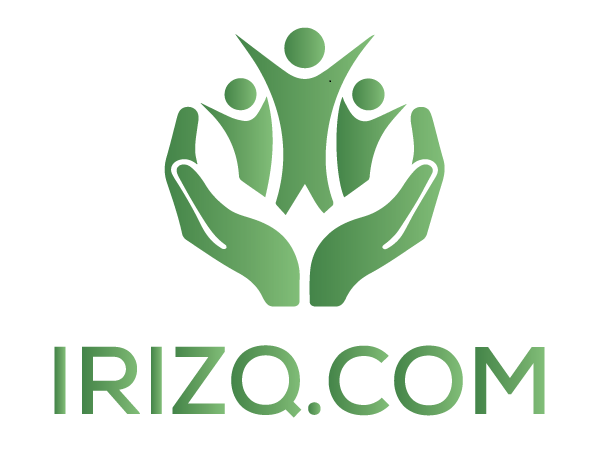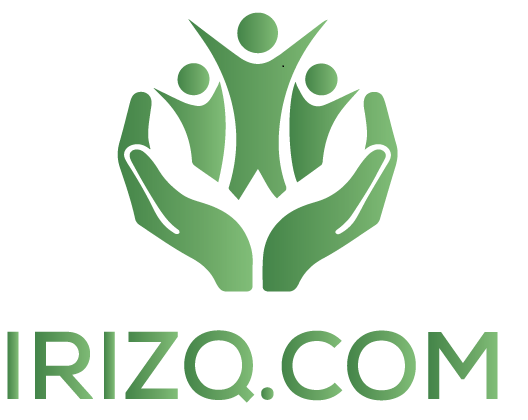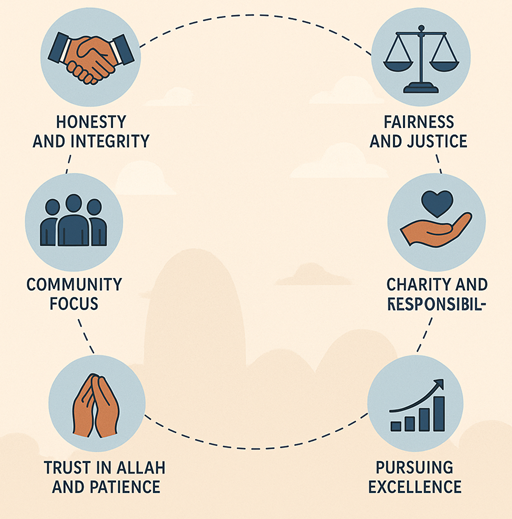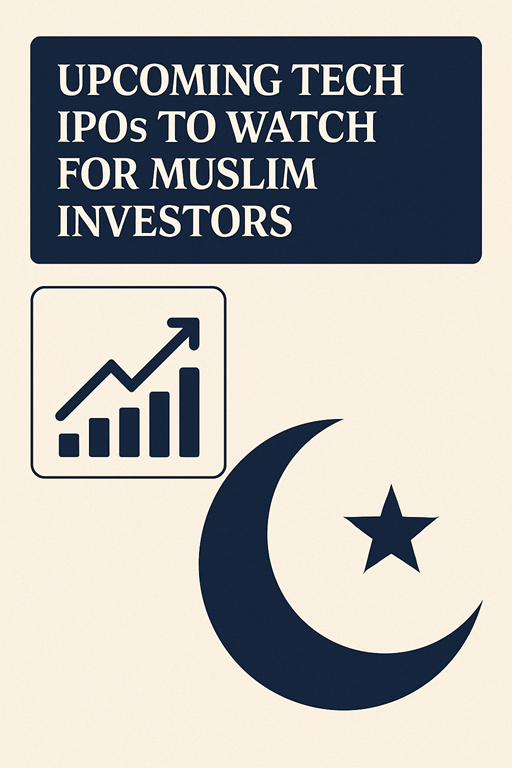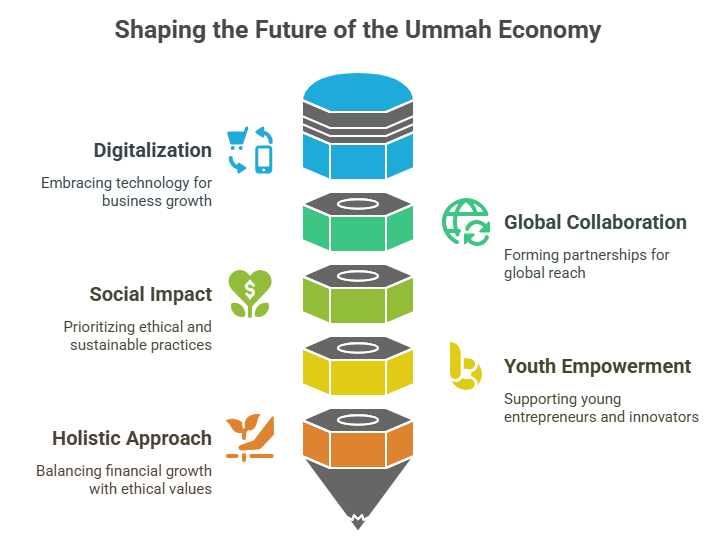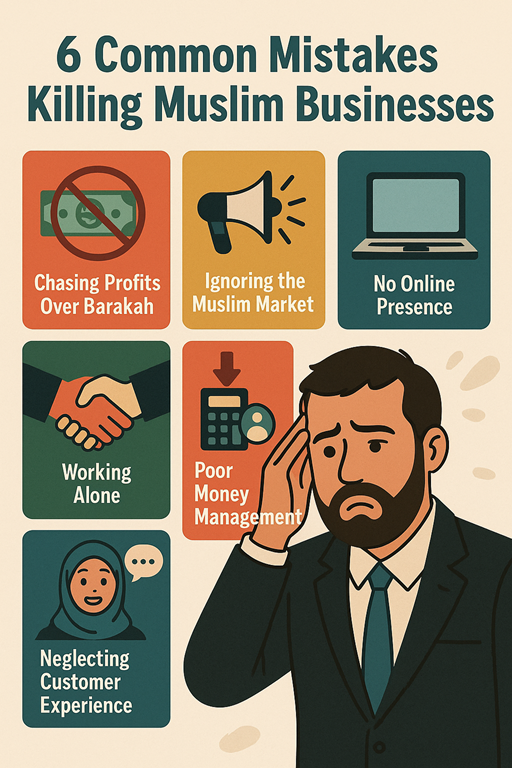Islamic values like honesty, fairness, charity, and patience empower Muslim entrepreneurs to build ethical, purpose-driven businesses that succeed while staying true to their faith.
Bismillah!
Starting a business can be exciting, but let’s be honest, it comes with its fair share of challenges. For Muslim entrepreneurs, the journey is often guided by Islamic values that provide clarity, strength, and purpose. These values aren't just for personal life. They shape how we run businesses, build relationships, and make decisions every day.
In this blog, we’ll look at how core Islamic principles like honesty, fairness, charity, and patience empower Muslim entrepreneurs to build ethical, impactful businesses. We'll also share a few relatable scenarios to show how these values play out in everyday business situations.
1. Honesty and Integrity: The Foundation of Trust
Honesty is a big deal in Islam. It’s something the Prophet Muhammad (S.A.W.) emphasized repeatedly. In business, being truthful builds trust. And trust is what keeps customers coming back and helps partnerships grow.
Scenario:
Imagine a small online clothing store run by a Muslim entrepreneur. Instead of overpromising and exaggerating product quality, they make it a point to be upfront about materials, shipping times, and return policies. Over time, their honest approach earns customer loyalty and positive word-of-mouth, even if their prices aren’t the lowest.
2. Fairness and Justice: Doing Business the Right Way
Islam teaches that fairness isn't optional, it’s essential. Muslim entrepreneurs are expected to be fair in pricing, treat employees with respect, and never take advantage of others. Fair business practices help build a positive reputation and a strong team.
Scenario:
A Muslim-owned catering business makes sure that all employees are paid fairly, even during slow seasons. They also source ingredients ethically and keep pricing transparent with clients. Their reputation for fairness spreads, leading to more referrals and repeat customers.
3. Charity and Social Responsibility: Giving Back Matters
Giving to others is deeply rooted in Islam. Whether it’s through zakat (obligatory charity) or voluntary giving (sadaqah), Muslim entrepreneurs are encouraged to make giving part of their business mission. It not only helps others, but it also builds goodwill and community support.
Scenario:
A halal bakery sets aside a portion of its monthly revenue to support local food banks. Customers appreciate knowing that their purchase contributes to a good cause, which makes them feel connected to the brand. It becomes more than just a bakery, it’s a business with heart.
4. Pursuing Excellence: Always Do Your Best
The concept of ihsan in Islam means striving for excellence in everything you do. For entrepreneurs, this means going the extra mile with customer service, product quality, and how you treat people. It creates a business that people want to support.
Scenario:
A Muslim graphic designer who freelances online makes it a point to always meet deadlines, communicate clearly, and deliver top-quality work. Even when the job is small, they give it their best. As a result, clients return with more work and often refer others.
5. Trust in Allah and Patience: Staying Strong in Hard Times
Running a business isn’t always smooth. Setbacks happen. But Islam teaches patience (sabr) and encourages believers to trust Allah’s plan (tawakkul). This mindset helps Muslim entrepreneurs stay calm and focused during tough times.
Scenario:
An entrepreneur launches a new app that doesn’t gain much traction at first. Instead of giving up, they reflect, make improvements, and keep trusting that their efforts will pay off. Their patience eventually leads to a successful relaunch and steady user growth.
6. Community Focus: Helping Others Rise With You
Islamic entrepreneurship isn’t just about personal success. It’s also about helping others. Whether it’s creating jobs, mentoring youth, or supporting other small businesses, Muslim entrepreneurs are encouraged to give back and lift others up.
Scenario:
A Muslim business owner running a small tech agency starts an internship program for local students. The goal isn’t just to grow the business, but to give young people valuable skills and opportunities. This strengthens the community while building a positive brand image.
Let Your Values Lead the Way
Islamic values offer more than just ethical guidance. They’re a blueprint for long-term success. When Muslim entrepreneurs lead with honesty, fairness, compassion, and excellence, they build businesses that don’t just survive, they thrive.
You don’t need to compromise your faith to succeed in the business world. In fact, it’s your values that can set you apart and help you build something truly meaningful.
Ready to build a business rooted in faith and purpose?
Start with sincerity, stay consistent, and always keep your intentions clear. Your values are your biggest asset.
And Allah knows best!
